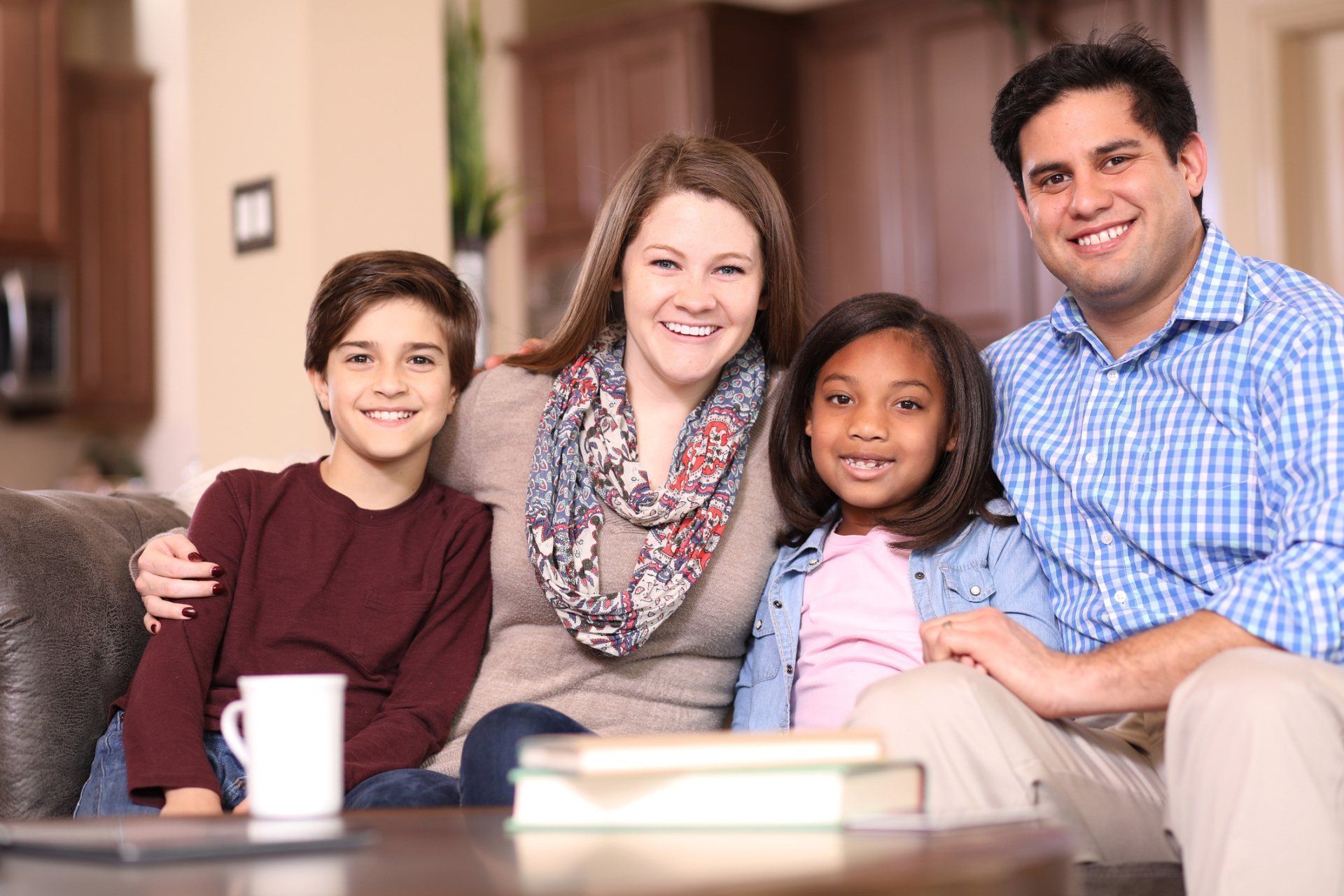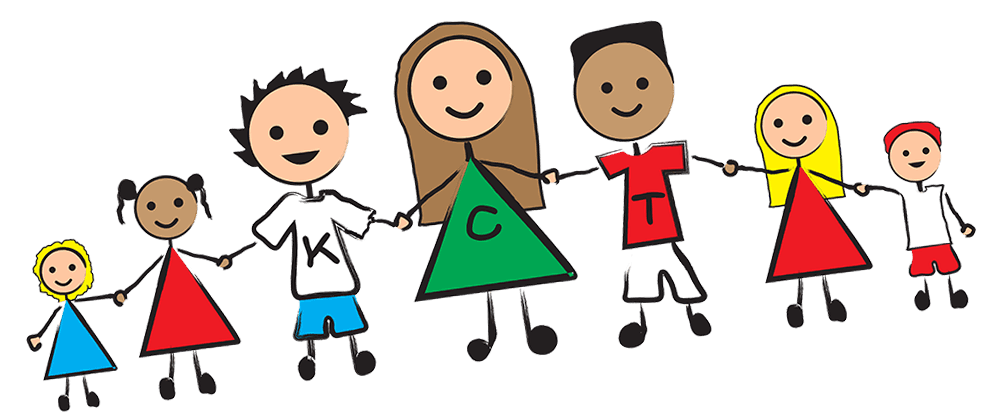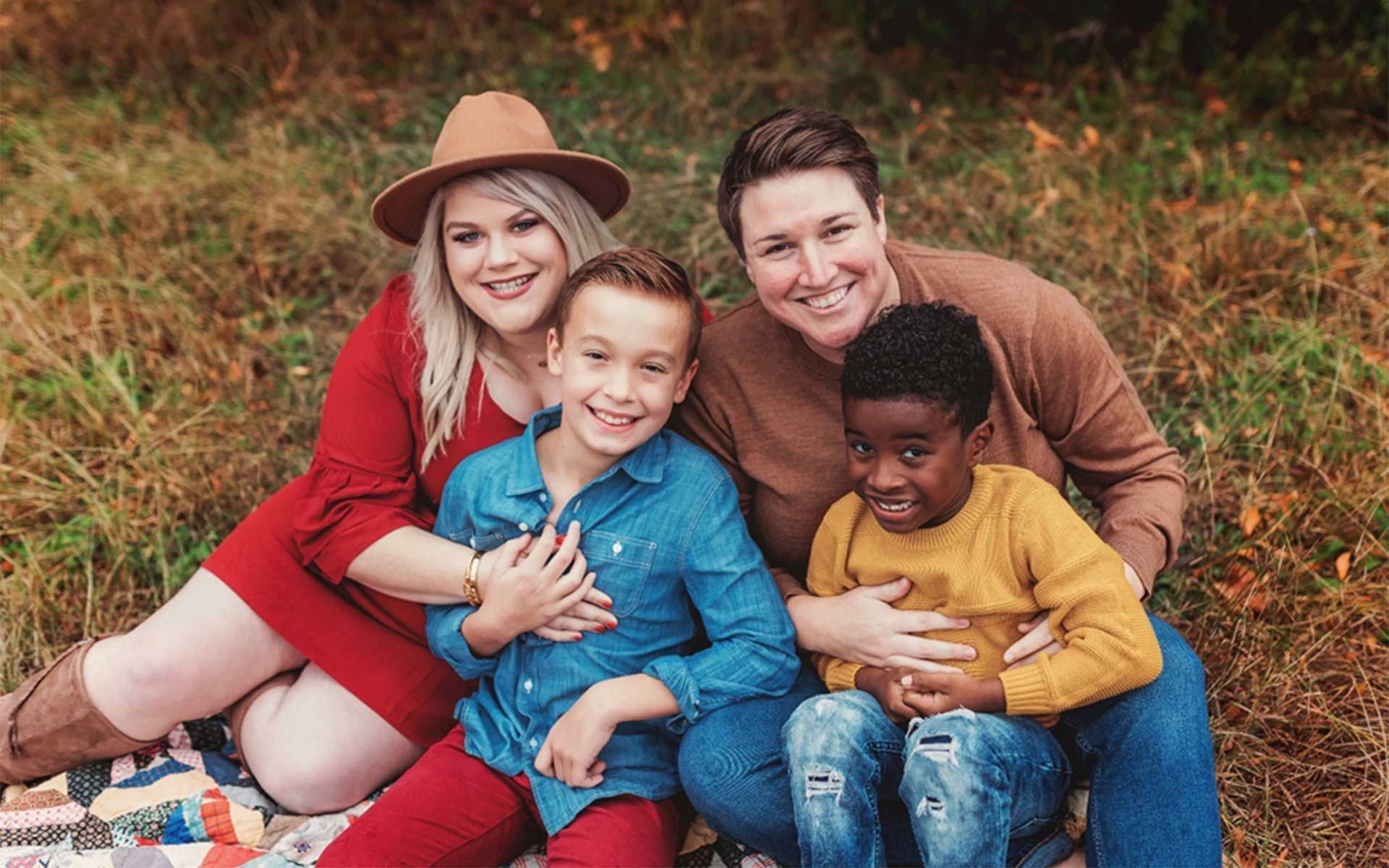Helping Foster Youth Through the Holiday Season
The end-of-year holiday season, from Thanksgiving in late November to Christmas and New Year’s Day, is typically associated with cheer, family, food, and joy. While the holiday season is positive for most of us, that’s not always the case for current or even former foster youth.
Conflicting loyalties and lost dreams can often cause the holidays to be a difficult time for children in foster care. There are many studies showing that holidays are stressful times for many adults, however feelings of sadness and loss can also be much more heightened for youth in foster care which can cause an array of emotions and behaviors during the holiday season. This holds true for foster youth who are currently in care as well as adults who have previously spent a significant amount of time in foster care as a child.
The holidays are commonly associated with family and togetherness, bringing up – and out – many conflicting feelings and emotions for those who are not currently being cared for by their biological parents. In one informal poll of foster youth, over 80 percent of them said they miss their families during the holiday season and that this time of year can be hard when it seems like everyone else has their families around.
The holiday season is about much more than eating tons of your favorite foods, getting the year’s hottest toy, or even simply enjoying holiday music. It’s about coming together with family and friends and enjoying each other’s company. Because of the Covid-19 pandemic, this holiday season is more meaningful than ever, as many people have not been able to spend much time with their families as they typically would have over the past year. In this blog we will touch on some ways that you can help make the holidays a little bit easier and hopefully happier for the foster youth in your home.
So, what can foster parents and others do to make foster youth feel more comfortable and welcomed around the holidays? Consider heeding these do’s and don’ts this season.
Do: Talk to Foster Youth Before the Holiday Celebrations Begin
Before any holiday celebrations begin, it can be incredibly helpful to let your foster youth know what is about to happen and who they will be meeting. As a Foster Parent, while you may be used to the hustle and bustle of a relative’s house or the specific behavior of a loved one, these situations will all be new and can be quite overwhelming for a foster youth. Beforehand, let them know precisely what to expect and what will likely happen, so they are not caught off guard. Many times, talking about the holidays will give children time to anticipate the upcoming holiday celebrations and give them time to think of and ask questions about what they can anticipate over the next couple months.
Similarly, be sure others you’re celebrating the holidays with are aware of the foster youth in your home and are not surprised by their presence. This can help to minimize awkward situations such as needing to scramble to set an extra place at the table, which can make them feel like an imposition right from the start. This should also eliminate the need for awkward but reasonable questions such as “who are you?”
In addition, keep in mind confidentiality rules regarding foster youth. It is common to celebrate the holidays with those who you haven’t seen in a while, therefore you may receive well intended however prying questions from them. It’s best to have these conversations with your family members ahead of time as much as possible, without the youth being present. Assist those you’re spending the holidays with to do what they can to welcome and include your foster youth as much as possible in the holiday festivities, but to not overdo it.
One good idea is to have extra presents ready to help offset differences that might happen. You shouldn’t expect all relatives to purchase gifts for your foster youth, so it might be best to be prepared by bringing extra small gifts. If you happen to have a family member that shows concerns over not having bought a gift for one of your foster children, you can offer them one of your “backups” to put under the tree.
Don’t: Ignore Their Feelings or Mental Health
As we’ve already established, the holiday season can be a conflicting and emotionally draining time for many foster youth. It may bring out new feelings or behaviors and may exacerbate existing ones. It’s very difficult for foster youth to spend the holidays away from their families and they are likely to go through a list of emotions that could be hard for them to process. There will be times when they are happy to be with your family and times when they are overwhelmed by sadness and other deep emotions, especially if they are unable to spend time with their biological family and friends during this time. The holidays are a time for family and friends to come together and celebrate, however for many children in foster care it is just another reminder that they are currently unable to be with their biological families, which can bring up memories of the anxiety and trauma they have faced thus far in their short lives. Understand that foster youth often have a lot to process year-round, but even more so during the holidays. Respect their mental health, know that their feelings about the holidays can be complex, and provide help if asked for or required.
Do: Incorporate Their Traditions and Customs
No two families celebrate the holidays in the exact same way. While certain traditions are certainly more common than others, everyone has their own unique spin to the holidays – and the families foster youth come from are no different. Have a discussion with them about how they usually celebrate and how you and your family celebrate. Let your foster youth know which of the traditional holidays your house recognizes. Is it Thanksgiving? St. Nick’s Day? Kwanzaa? Hanukah? Christmas? New Year? Or all the above? If possible, incorporate some of their traditions to make them feel welcome, included, and accepted in your holidays and if not, maybe try creating a new tradition of your own. The smallest things can sometimes make the biggest differences. In addition, please remember to respect that foster youth may celebrate holidays you don’t, and vice versa.
Don’t: Make Them Feel Unequal or Unwelcome
During the holiday season, many foster youth feel like outsiders or as though they are a burden to your family. For example, Daniel Knapp, a former foster youth, noted that although his foster family was warm and welcoming, he recalls feeling like a burden and dwelling on minute differences – like how other family members received more presents than he did some years. “We remember what it used to be like and know how it is now. For most kids all they wanted was to go home, and the holidays are a painful reminder that going home is not an option. It’s especially hard when everyone else is shopping for their moms, dads and siblings and you can’t because you are not allowed to see them,” notes Krista, a former foster youth.
Foster Parents should try to take steps both big and small to ensure foster youth are completely and totally welcome as an equal part of the family, while always being sure to validate their emotions no matter what.
Do: Include Their Wider Community
For many, the holidays don’t stop and end at family. Often, a wider community will be on hand in festivities and in making the holiday what it is. Foster Parents should aim to include this wider community whenever possible within holiday celebrations. In addition, when permissible, allow foster youth to spend time with relatives and close friends, if permitted by their custodial agency.
“There are just some things in life we can’t control. I can’t control my foster care history and I can’t control other people’s behavior, but I can control how I react to life’s circumstances. During the Holiday Seasons past I missed out on so much because I was so focused on issues that were really out of my control. I had every right to feel those feelings, but it caused me to miss out on what the Holidays are really about. I still struggle with some of those feelings today that I felt when I was younger and still in foster care, but I don’t let them rob me from enjoying the Holiday Seasons.”
~Daniel Knapp, former foster youth
In conclusion, the holiday season is a busy time of year for all; family gatherings, scheduling, work, cooking your favorite holiday dishes, shopping, wrapping, etc. The holidays are also a busy time for foster youth, but in different ways. Their minds may wander while having moments of indifferent emotions. Certain feelings may come and go and be heightened while they are at many other times dormant. They may have racing thoughts that change to confusion and frustration in a matter of seconds. There is no magic medicine or self-help recipe to ensure that everything will go perfect over this busy time, however helping foster youth through the holidays is entirely possible. Do prepare. Don’t ignore. Do include. Do enjoy this time together. Do enjoy eating tons of your favorite foods. Don’t forget to take time to pause, embrace, and appreciate the joys of what the holiday season is about, which is togetherness, family, sense of belonging, love, joy, and peace.











